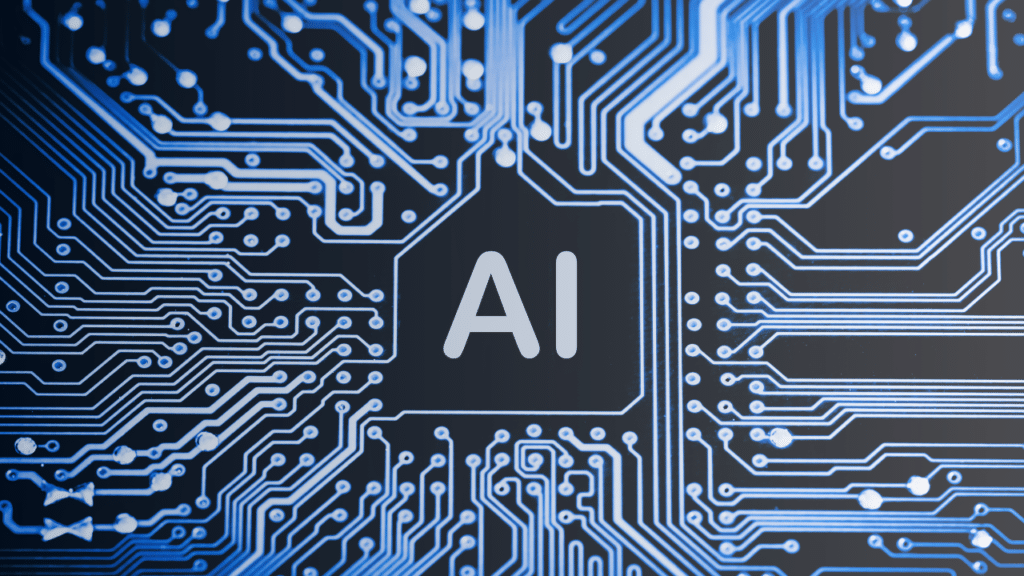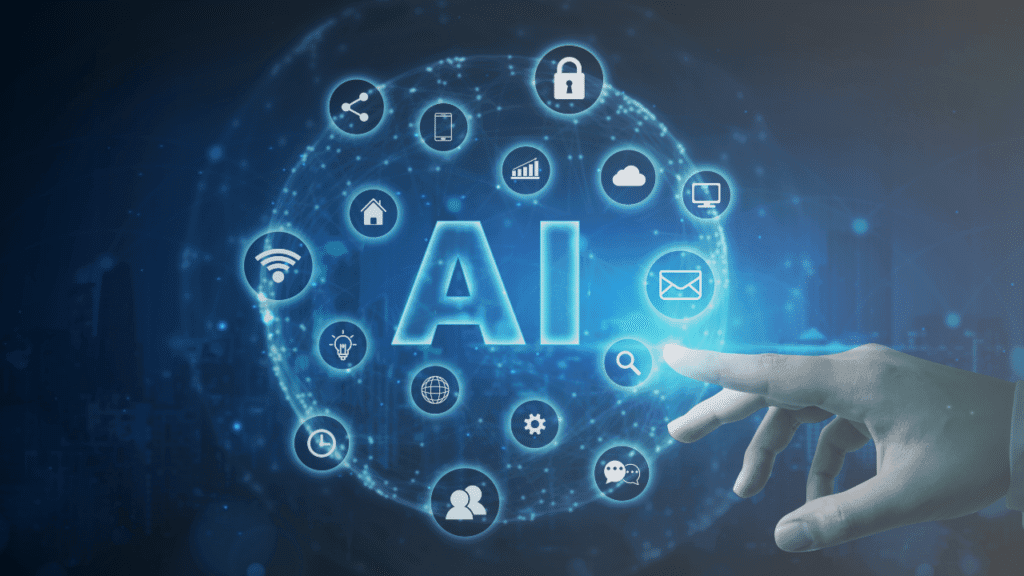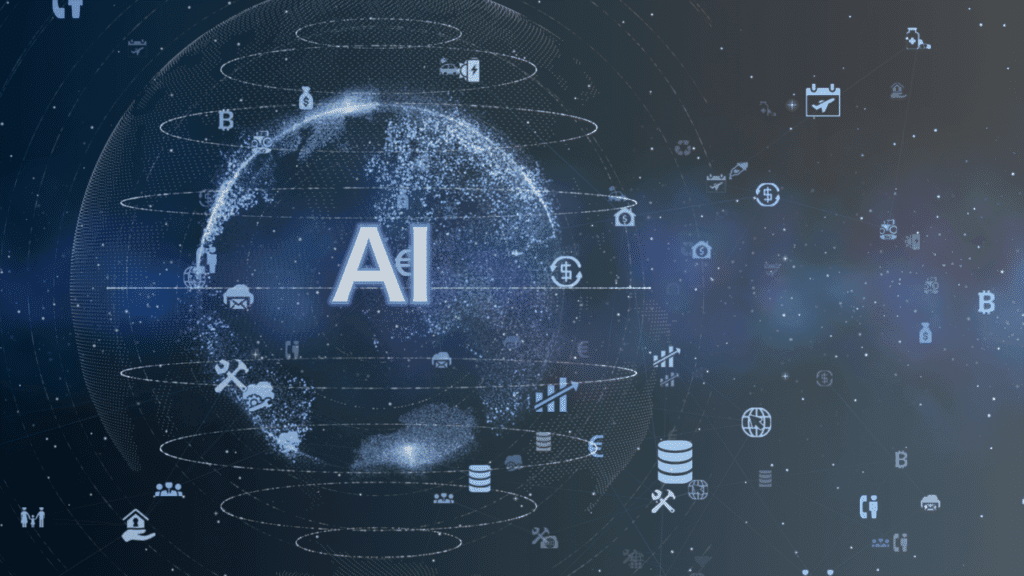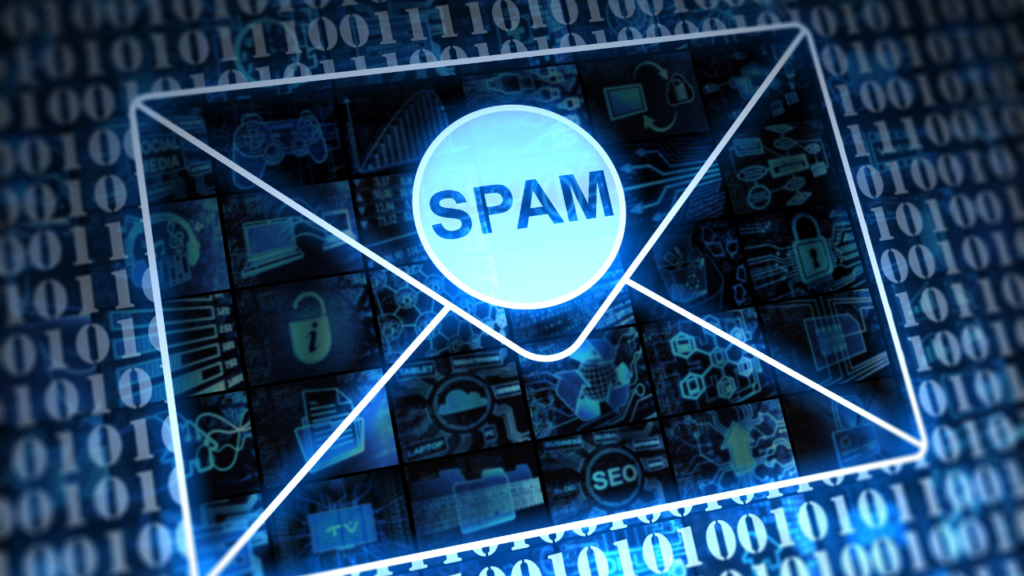Many marketers are navigating a transformative era as artificial intelligence reshapes the marketing landscape in 2025. With innovations in data analytics, personalized customer experiences, and predictive modeling, AI is set to enhance your strategies, making them more efficient and targeted than ever. However, as you embrace these advancements, be aware of the ethical implications and the need for robust data privacy measures. In this blog post, you will explore how to leverage AI to stay ahead in the competitive market while safeguarding your brand’s integrity.
Key Takeaways:
- Personalization will reach new heights, with AI enabling brands to create tailored experiences for consumers based on their preferences and behavior.
- Automation of marketing processes will increase efficiency, allowing marketers to focus on strategy while AI manages data analysis and campaign execution.
- Predictive analytics will empower companies to anticipate trends and consumer needs, leading to more effective and proactive marketing strategies.

The Evolution of AI in Marketing
To truly grasp how AI has transformed marketing, you must understand its journey from simple algorithms to advanced machine learning models. Initially, AI focused on automating routine tasks, but as it evolved, it began to analyze consumer behavior with remarkable precision. This progress has enabled you to create personalized experiences for your audience, leading to better engagement and conversion rates. However, as AI continues to develop, it’s necessary to stay vigilant about ethical considerations and the potential for misuse, ensuring that your marketing strategies are both effective and responsible.
Key AI Technologies Shaping Marketing
Before plunging into the future, it’s necessary to understand the core AI technologies that are already transforming marketing. By leveraging these advancements, you can drive more personalized interactions, enhance customer experience, and ultimately boost your bottom line. Each technology plays a unique role in optimizing your marketing strategies, making it vital to stay updated on their capabilities and applications.
Machine Learning and Predictive Analytics
Shaping your marketing strategies are Machine Learning and Predictive Analytics, enabling you to analyze vast amounts of data effectively. These technologies help you anticipate customer behavior, allowing you to tailor your marketing campaigns to meet their evolving needs. By identifying patterns and trends, you can allocate resources more efficiently and improve customer engagement.
Natural Language Processing and Chatbots
Machine Learning and Natural Language Processing (NLP) are revolutionizing customer interactions through intelligent chatbots. These AI-driven solutions can handle inquiries 24/7, offering immediate assistance and enhancing user experience. You can implement chatbots to guide users through their purchase journey, providing real-time support and answers.
But integrating NLP and chatbots comes with both opportunities and challenges. While these technologies enhance customer engagement by providing instant responses and personalization, they also pose risks, such as potential miscommunication or failure to understand nuanced customer queries. Striking the right balance between automation and authentic human interaction is vital for maintaining customer trust and satisfaction in your marketing efforts.

Personalization and Customer Experience
One of the key shifts in marketing by 2025 is the emphasis on hyper-personalization. As consumer expectations evolve, you will increasingly demand tailored experiences that resonate with your preferences and behavior. By leveraging advanced AI technologies, companies can deliver relevant content and recommendations, creating a more engaging customer journey. This focus on personalization will not only enhance customer satisfaction but also drive brand loyalty, making it necessary for marketers to adapt their strategies.
Dynamic Content Generation
Above all, dynamic content generation will transform how you interact with audiences. AI-driven algorithms can curate and customize content in real-time, ensuring that each visitor receives a unique experience tailored to their interests. This means that your marketing campaigns can become more relevant, timely, and engaging, significantly improving conversion rates and fostering deeper connections with your target demographic.
Real-Time Consumer Insights
The power of real-time consumer insights will empower you to make informed decisions at lightning speed. By harnessing AI to analyze vast amounts of data instantaneously, you will gain a deeper understanding of your customers’ behaviors, preferences, and trends. This immediate feedback loop allows you to remain agile in your marketing strategies, adjusting offers and messaging to better align with what your audience desires.
Experience is the key to staying relevant in the fast-paced marketplace of 2025. By utilizing real-time consumer insights, you will gain an advantage by quickly identifying changes in your audience’s demands. This capability enables you to respond proactively, ensuring your marketing efforts resonate with potential customers. Keep in mind the dangerous pitfalls of relying solely on historical data, as it may lead to missed opportunities. On the other hand, the positive impact of being data-driven will allow you to improve your targeting and personalization strategies significantly, ultimately steering your brand towards unparalleled success.

The Role of AI in Marketing Strategy
Once again, AI is redefining how you develop and execute your marketing strategies. By leveraging advanced algorithms and machine learning capabilities, you can gain deeper insights into consumer behavior, allowing you to craft personalized messages that resonate with your target audience. This shift towards AI-driven marketing enables you to stay ahead of the competition, optimize campaigns in real-time, and ultimately enhance your brand’s impact in the market.
Data-Driven Decision Making
By utilizing AI, you transform your decision-making process into a data-driven phenomenon. Advanced analytics provides you with a treasure trove of consumer insights, ensuring each marketing move is based on solid data rather than instinct alone.
Enhancing ROI and Marketing Efficiency
Any marketing team can increase their return on investment (ROI) significantly through AI-powered tools and techniques. By automating repetitive tasks and streamlining processes, you free up valuable resources while improving the accuracy and effectiveness of your campaigns.
It is important to recognize that AI not only enhances marketing efficiency but also contributes to a higher ROI. By automating routine tasks, your team can focus on creative strategies and innovative ideas that resonate with consumers. Additionally, AI provides real-time analytics, enabling you to swiftly adapt your campaigns for better results. This integration leads to a more targeted outreach, ensuring that your marketing spend is allocated wisely, making every dollar count toward achieving your business goals.
Ethical Considerations in AI Marketing
After the rapid advancements in AI technologies, ethical considerations have come to the forefront of marketing discussions. As you leverage AI in your strategies, it’s important to balance innovation with integrity. Ensuring responsible use of AI not only protects your brand but also fosters a healthier relationship with your audience. The discussion around ethics will play a pivotal role in shaping marketing practices in 2025.
Data Privacy and Consumer Trust
Any conversation about AI marketing must address data privacy and consumer trust. You are increasingly held accountable for how you collect, use, and store personal information. In 2025, prioritizing transparent practices will enhance consumer confidence, reinforcing the bond between you and your audience. The choice to respect privacy will distinguish your brand in an AI-driven market.
Transparency and Accountability
About effectively utilizing AI in marketing, transparency and accountability emerge as vital facets. Your audience wants clarity on how their data is used and how AI influences the marketing they encounter. Implementing measures that showcase your commitment to ethical practices will hold you accountable and create a sense of trust.
Trust is an important currency in the AI marketing realm; it can either make or break your relationship with consumers. By prioritizing transparency, you can openly share the algorithms and data handling procedures that affect your customers. Enhanced accountability in your practices demonstrates your commitment to ethical marketing. A clear framework around data usage not only prevents misuse but can also enhance brand loyalty and customer satisfaction. As you navigate this landscape, focusing on these values will position your brand favorably in the eyes of discerning consumers.
Future Trends in AI and Marketing
Many experts predict that by 2025, artificial intelligence will continue to redefine marketing strategies, making them more agile and responsive to consumer needs. As brands adopt AI-driven tools, you will witness a push towards more intuitive customer experiences, enabling personalized interactions that resonate with consumers on a deeper level. Enhanced analytics and machine learning will empower marketers to predict trends, optimize campaigns, and allocate resources more effectively, ensuring your marketing efforts remain competitive in a rapidly evolving landscape.
Integration of AI with Emerging Technologies
Future advancements in marketing will see AI seamlessly integrate with technologies like augmented reality and the Internet of Things, revolutionizing how you connect with your audience. This combination will allow for immersive experiences, opening up innovative opportunities for storytelling and engagement, ensuring your brand stays at the forefront of market trends.
The Rise of Hyper-Personalization
At the forefront of marketing innovation will be hyper-personalization driven by AI, which tailors content and offers specifically to individual preferences and behaviors. You will benefit from tools that analyze consumer data to deliver unique experiences, enhancing engagement and improving conversion rates.
Technologies such as advanced data analytics and machine learning algorithms will enable you to craft highly personalized messages for your audience. By harnessing real-time data, your marketing efforts can evolve to reflect individual consumer preferences accurately. This shift not only fosters greater customer loyalty but also enhances overall customer satisfaction, leading to improved business outcomes. However, careful consideration must be paid to the ethical implications of using personal data, as privacy concerns loom large. Balancing personalization while respecting consumer privacy will be vital for maintaining trust and credibility in your brand.
Summing up
Ultimately, as we approach 2025, you will find that AI is transforming your marketing strategies in unprecedented ways. With enhanced personalization, predictive analytics, and automation, you can connect more effectively with your audience and optimize your campaigns. Staying informed about these advancements will be key, so take the time to explore insights on AI in Marketing: The Future of Smart Marketing. Embracing these changes will position you ahead in the competitive landscape.
Q: How is AI expected to influence customer targeting in marketing by 2025?
A: By 2025, AI is projected to enhance customer targeting through advanced data analytics and machine learning algorithms. Marketers will utilize AI to gather and analyze vast amounts of consumer data, allowing for personalized marketing strategies. These strategies will enable businesses to identify patterns in consumer behavior and preferences, leading to more precise targeting. AI tools will help segment audiences at a granular level, targeting individuals with tailored content and offers that resonate with their specific interests, ultimately improving engagement and conversion rates.
Q: What role will AI play in content creation for marketing campaigns in 2025?
A: In 2025, AI will play a significant role in content creation by automating various aspects of the process. AI tools will be able to generate personalized content, such as emails, social media postings, and even video scripts, based on data-driven insights about the target audience. This automation will not only save time for marketers but will also ensure that the content produced is relevant, timely, and aligned with customer preferences. Additionally, AI will assist in optimizing content for SEO and engagement metrics, making marketing campaigns more effective.
Q: How will AI impact customer service and engagement in the marketing landscape of 2025?
A: By 2025, AI is expected to profoundly impact customer service and engagement through the use of chatbots and virtual assistants. These AI-driven tools will provide real-time support to customers, answering queries, resolving issues, and guiding them through the buyer’s journey. This shift will lead to enhanced customer satisfaction and loyalty, as consumers will receive immediate assistance at any time. Furthermore, AI will enable brands to collect feedback and analyze customer interactions, allowing for continuous improvement of engagement strategies and overall experiences.




